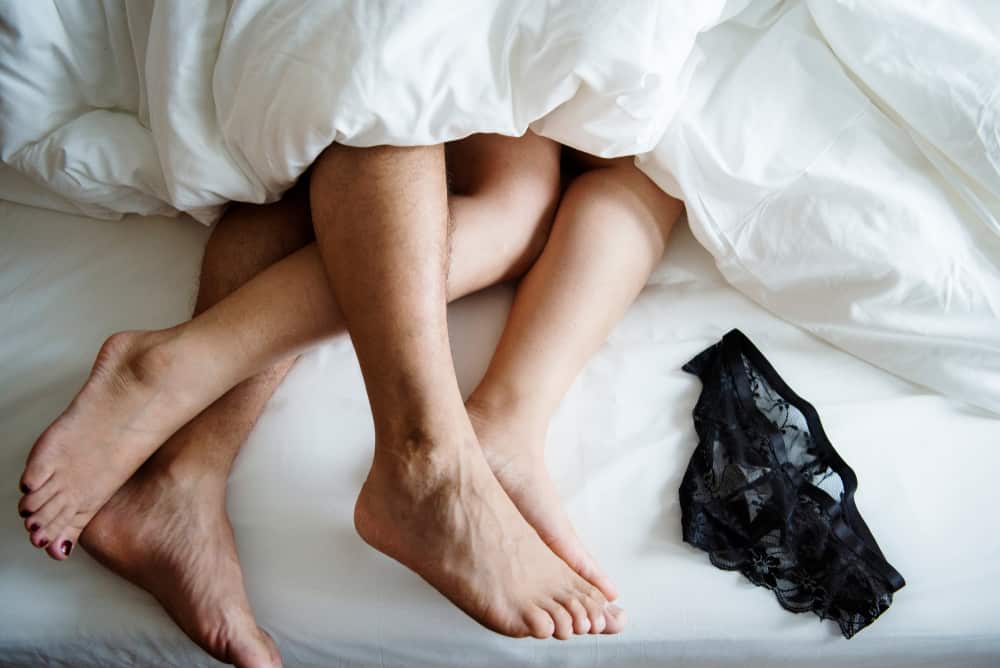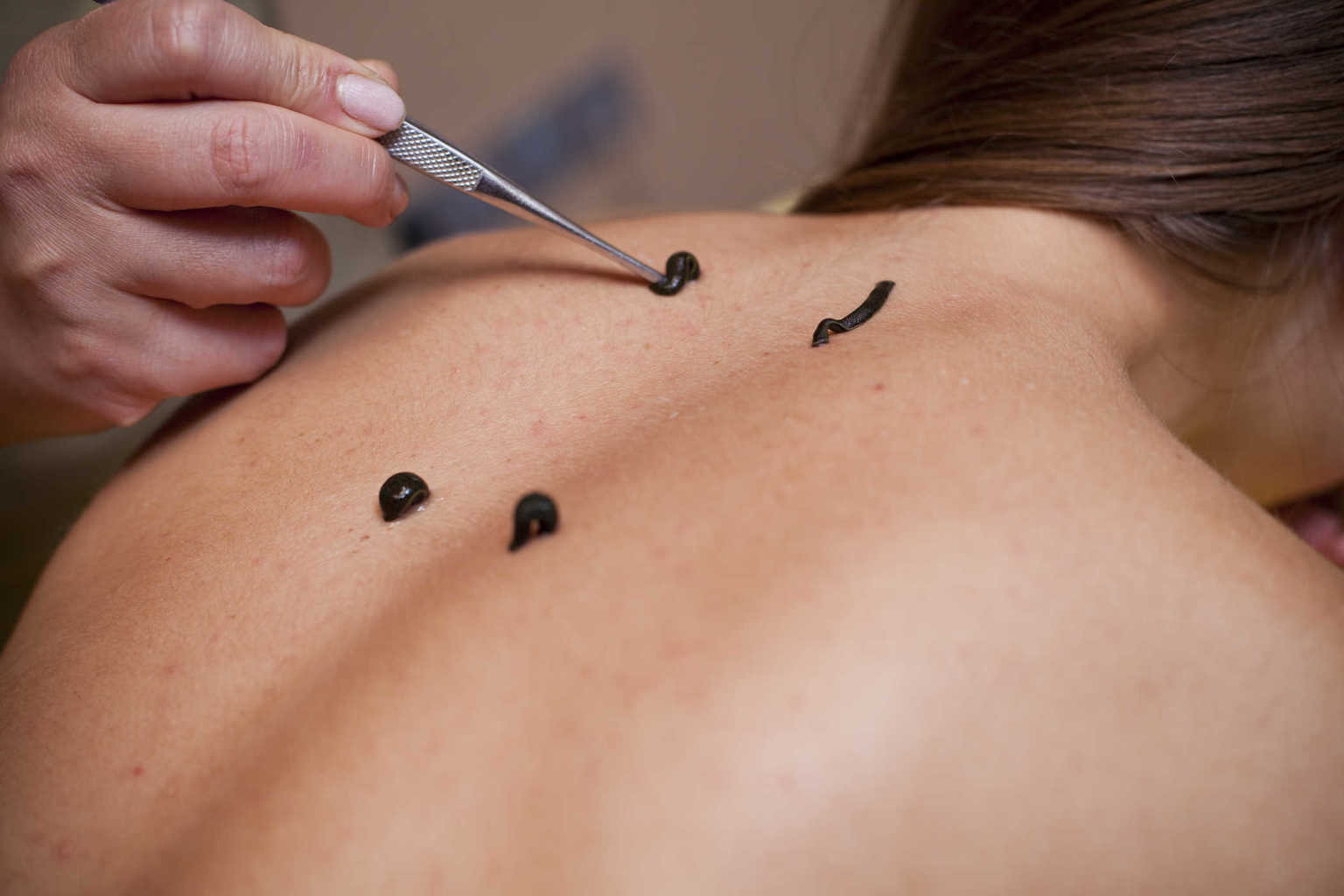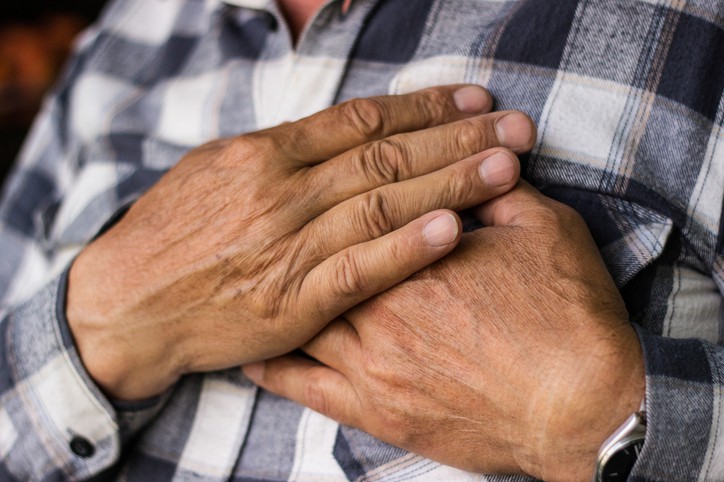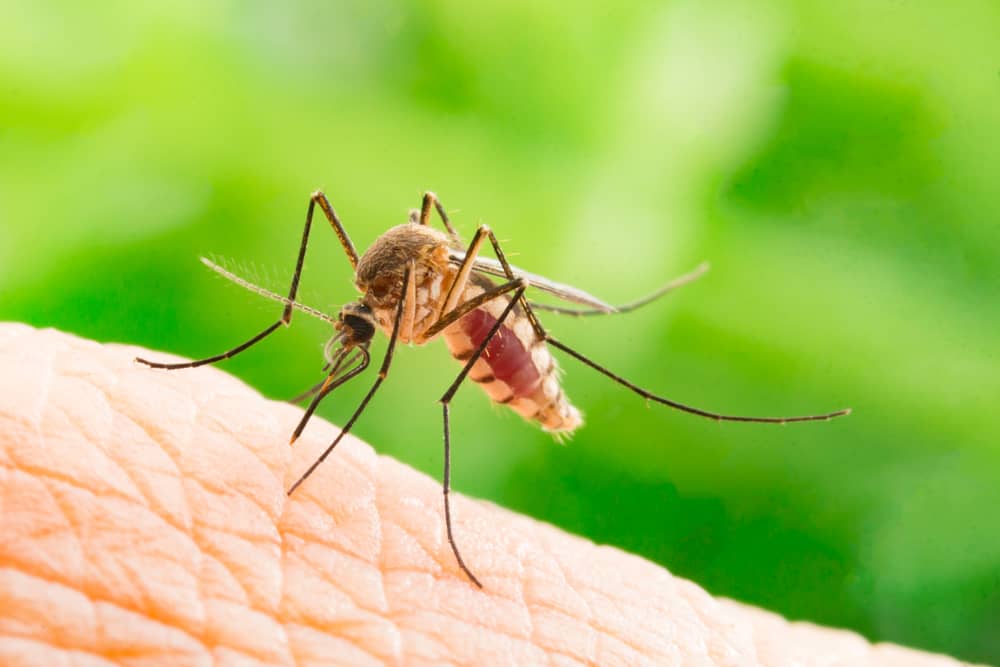Contents:
Medical Video: How to Sleep Better
Most people need 7 to 9 hours of sleep a night. But in fact, only a handful of people are able to meet their sleep needs every day due to a disordered lifestyle and sleep patterns. Though sleep deprivation has long been associated with various serious health problems, ranging from heart attacks, strokes, to diabetes. Especially for men, lack of sleep can reduce testosterone levels and reduce sperm count.
Do not want to deal with a number of terrible things above? It's time for you to start changing your sleep habits and patterns. Introducing sleep hygiene, a healthy sleep pattern that can help you sleep better.
What are sleep hygiene sleep patterns?
Sleep hygiene is a clean sleep pattern. The point here is not to go to sleep in a state of fresh clean body after bathing and brushing your teeth, but rather to apply healthier sleeping habits to cleanse all kinds of disorders that usually make you sleep less or sleep badly.
Sleep hygiene helps improve sleep clutter and overcomes sleep disorders such as insomnia. This healthy sleep pattern helps build better sleep habits and makes you more disciplined and consistent in living them, to reduce the negative effects of sleep deprivation.
Steps to doing sleep hygiene
Sleep hygiene is campaigned by health professionals to remind people to prioritize sleep. Deep sleep is important for maintaining a healthy body from the inside.
Here's how to go about sleep hygiene.
1. Limit consumption of food and drinks before going to bed
Avoid eating large portions before going to bed. Eating heavy foods, fatty or fried foods, spicy dishes, citrus fruits, and carbonated drinks too close to bedtime can trigger digestive disorders for some people. Lying after a meal can cause the acid to rise back into your throat, causing your stomach to runny and your throat feel hot which makes it easy for you to wake up in the middle of the night.
Also avoid consumption of caffeine, alcohol, and cigarettes before going to bed. The stimulant effects of caffeine and nicotine can last for several hours when consumed 3 hours before bedtime, so that it can disrupt your sleep until the residue is washed clean from the body. Many people may realize that only drinks like soda, tea, and coffee contain caffeine, but foods like chocolate also contain caffeine.
2. Sleep and wake up at the same hour
Schedule to sleep on time is one of the most important first steps if you want to start sleeping better. If you are used to sleeping regularly, your body will also get used to it. As much as possible schedule sleep and wake up at the same time (+/- 20 minutes) every day, even on holidays. For example, if you need to wake up at 6 a.m. then you should have to go to bed at around 11 o'clock at night.
By adhering to a regular sleep schedule every day, your body becomes lighter, warmer, and the cortisol hormone is also released more regularly, giving you an energy kick to move. The effect of replying to lack of sleep during the workday by sleeping longer during the weekend will be more dangerous for your body's metabolic functions.
3. Limit your nap time
Napping is actually not a good way to make up for a cut night's sleep. For people whose sleep patterns are already messed up, napping doesn't help you at all. Napping makes it difficult for you to fall asleep at night.
However, if the situation requires you to take a break, limit your nap to a maximum of only 30 minutes and do it before 3 PM. Short nap items for 20-30 minutes can help improve mood, alertness and performance.
4. Create a special ritual before going to bed
Take time to prepare to sleep for 90 minutes before your bedtime. For example, if you know you should sleep at 11pm, stop any physical activity that is burdensome at 9.30, or faster if possible.
Use this time for bathing / bathing in warm water, drinking milk, meditating, reading books, or stretching yoga. A warm bath or light exercise a few hours before going to bed can increase your body temperature, causing you to drowsy when your body temperature drops back, Research shows that drowsiness is associated with a decrease in body temperature.
Also use the remaining time to prepare all your needs the next day, including your work clothes, lunch and breakfast, to avoid the stress of being overwhelmed in the morning.
5. Create a comfortable sleeping environment
Make your bedroom an ideal place to sleep. Make sure your bedroom is a place that is dark, cool and calm. The ideal room temperature for deep sleep is 20-23 ° C. Use earplugs if you can't sleep in a noisy environment.
Try not to use your bedroom for anything other than sleep and sex, so that your body becomes accustomed to associating the bedroom with rest. Keep your computer, cellphone, TV, and other electronic devices out of your reach. The emission of bright light from electronic devices works to mimic the nature of the sun's natural light. As a result, the body's biological clock considers this light as a signal that it is still morning, and therefore the production of melatonin (sleepy trigger hormone) becomes disrupted.
6. Regular exercise
Sports give birth to energy and also help reduce stress, anxiety, and depression. In the end, exercising during the day can help you sleep well at night. Decreasing body temperature after exercise helps cool the body, which makes drowsiness come faster so you are more likely to fall asleep.
On the other hand, exercise too close to bedtime actually makes it difficult for you to sleep. Exercise produces endorphins that increase morale, so the body has difficulty starting to sleep. In addition, your body doesn't have enough time to cool down again. The best thing is to exercise regularly before 2pm every day to encourage a healthier sleep pattern.












